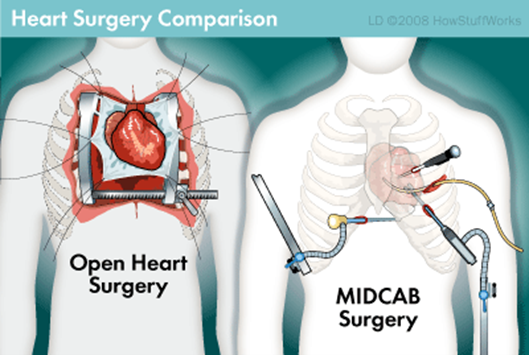A nurse is collecting data from an 18-month-old toddler at a well-child visit.
Which of the following findings should the nurse report to the provider?
The toddler can remove her own socks.
The toddler has a security blanket.
The toddler can say four words.
The toddler throws a ball without falling.
The Correct Answer is C
c. The toddler can say four words.
Explanation:
The nurse should report to the provider that the toddler can say four words. At 18 months, a toddler typically has a vocabulary of about 6 to 20 words and is beginning to combine words into simple phrases. If the toddler is only able to say four words or has a delay in language development, it could be a cause for concern and warrant further evaluation.
The other options are age-appropriate developmental milestones for an 18-month-old toddler and do not require immediate reporting to the provider. The ability to remove socks, having a security blanket, and throwing a ball without falling are all examples of normal developmental skills for a toddler of this age.
Nursing Test Bank
Naxlex Comprehensive Predictor Exams
Related Questions
Correct Answer is B
Explanation
Graham crackers are a good snack option for toddlers. They are easy to eat and can be paired with other healthy foods such as fruit or nut buter.
The other options are not correct because:
a) Marshmallows are not recommended as a healthy snack for toddlers.
c) Almonds are not recommended for toddlers due to their choking hazard .
d) Carrot sticks can be a healthy snack option for toddlers, but they should be cut into thin strips to reduce the risk of choking .

Correct Answer is C
Explanation
The correct answer and explanation is:
c. Denial
The nurse should identify that the client is experiencing the stage of denial in the grief process. Denial is a common psychological defense mechanism that individuals may exhibit when faced with a stressful or overwhelming situation, such as the prospect of open heart surgery. It involves a refusal to accept or acknowledge the reality of the situation. In this case, the client's statement of being confident to go home shortly after surgery demonstrates a denial of the potential challenges and recovery process associated with such a procedure.
Explanation for the other options:
A . Anger: Anger is a stage of grief characterized by feelings of resentment, frustration, and hostility. It is common for individuals to experience anger as part of the grief process, but the client's statement does not indicate anger.
B. Depression: Depression is another stage of grief marked by feelings of sadness, hopelessness, and loss. While it is normal for individuals to experience some level of anxiety or sadness before undergoing surgery, the client's statement does not specifically reflect depression.
d. Acceptance: Acceptance is the final stage of grief, where individuals come to terms with their situation and find a sense of peace or resolution. The client's statement indicates a lack of acceptance as they are denying the potential impact of the surgery and its recovery process.

Whether you are a student looking to ace your exams or a practicing nurse seeking to enhance your expertise , our nursing education contents will empower you with the confidence and competence to make a difference in the lives of patients and become a respected leader in the healthcare field.
Visit Naxlex, invest in your future and unlock endless possibilities with our unparalleled nursing education contents today
Report Wrong Answer on the Current Question
Do you disagree with the answer? If yes, what is your expected answer? Explain.
Kindly be descriptive with the issue you are facing.
